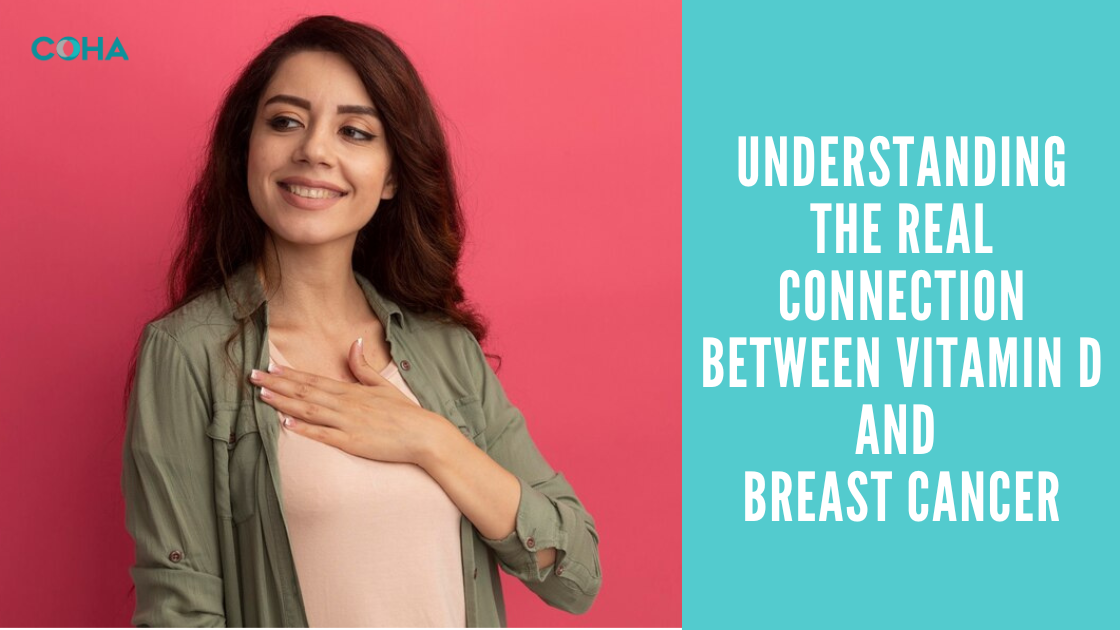


There has been a long debate on the connection between vitamin D levels and breast cancer. According to studies, low vitamin D levels may be associated with an increased risk of cancer recurrence. Vitamin D has extra advantages for persons attempting to reduce their risk of breast cancer as well as those undergoing cancer treatment. Read on to learn more about vitamin D and breast cancer.
The relationship between vitamin D and breast cancer is a subject of ongoing research, and studies have explored whether maintaining adequate levels of vitamin D may have a role in preventing or reducing the risk of breast cancer. However, the evidence on this topic is inconclusive, and more research is needed to establish a clear connection.
Some studies suggest no benefit of vitamin use as a preventive measure against cancer. However, there is also research that indicates that a higher level of vitamin D can lead to a higher survival rate in women with breast cancer.
While these studies all appear to imply that vitamin D levels have a direct influence on breast cancer diagnosis and risk, this may not be a cause-and-effect scenario.
Vitamin D may impact breast cancer risk in a variety of ways. Research has explored the potential role of vitamin D in breast cancer. While the evidence is still evolving, several mechanisms have been proposed to explain how vitamin D may influence breast cancer risk and progression. They are:
Keep an eye on these:
Maintaining a normal vitamin D range benefits cancer patients, especially if they receive anti-estrogen therapy. Maintaining an average vitamin D level is always a good idea because it has been demonstrated to support bone density.
More vitamin D can be achieved through sunlight exposure, dietary sources, and supplements. Here are some ways to increase vitamin D intake:
1. Sunlight Exposure:
Sunlight is a natural source of vitamin D. When a person’s skin is exposed to ultraviolet B (UVB) rays from the sun, it produces vitamin D. However, the amount of sunlight needed depends on factors such as skin type, time of day, and geographical location. Aim for 10 to 30 minutes of sun exposure at least twice a week. The exposure time may vary based on factors such as skin pigmentation and latitude.
2. Dietary Sources:
Include foods rich in vitamin D in the diet to resist cancer. Good dietary sources of vitamin D include:
3. Supplements:
If a person has difficulty obtaining enough vitamin D through sunlight and diet, they should consider vitamin D supplements. Supplements are available in various forms, including vitamin D2 and vitamin D3.
Although vitamin D is usually considered safe and affordable and has several health advantages, it is wise to consult a healthcare physician before beginning a supplement regimen. Your healthcare professional may monitor your vitamin D levels to ensure you get the correct dose.
Are you or a loved one dealing with breast cancer and in desperate need of outstanding treatment and support? Chesapeake Oncology Hematology Associates is your ideal choice. We are committed to offering the finest quality cancer treatment through a team of highly experienced and caring oncology doctors. Contact us today to combat breast cancer without worry.